This year marks 105 years since the genocide of Pontic Hellenism. May 19 was officially recognized by the Greek state in 1994 as the Day of Remembrance of the Genocide of the Greeks of Pontus.
Officially, more than 300,000 deaths are reported, while the Pontic Central Council (Κεντρικό Συμβούλιο Ποντίων) mentions 353,000 victims of genocide in the Black Book (Μαύρη Βίβλο) .
The Pontic Greek genocide was the massacre and deportation of the Greek population in the Pontic region committed by the Young Turks between 1914 and 1923. Survivors of the unprecedented massacre fled to Ano Pontos (in the USSR), and after the Asia Minor disaster in 1922 – to Greece. The international literature and government archives of many countries contain abundant evidence of genocide committed against the Pontic inhabitants of the Ottoman Empire. It occurred in parallel with the genocide against other peoples, Armenians and Assyrians, as a result of which some researchers consider individual persecutions as part of a unified policy of genocide against the Greeks or Christians of Asia Minor as a whole.

On the day of this memorable date, the Greek government organizes appropriate events.
For the genocide of the Pontic Greeks, much more needs to be done than formal legal recognition, as has been done so far by the Greek state, historians and experts on the matter say. “As we have seen in many cases related to national, economic and social problems, the existence of some laws does not mean anything important, especially in Greece, where some institutional functions begin and end on paper. If there is no political will, laws are just paper,” writes the site newsbreak.gr – Official recognition by the state of the genocide of the Pontic Greeks by the Turkish side must become significant. This means that the state entity must pay due attention to this great event, which caused irreparable damage to our people. In addition, the Greek diplomatic machine must take advantage of the favorable international situation. , carefully and quickly promote the issue of international recognition of the genocide of the Pontic Greeks by the Turks. The best tribute to our invincible ancestors is action!”
“On May 19, 1919, Mustafa Kemal arrived in Kerasund to meet with the governor of the city, Topal Osman. During this meeting, Kemal called on him to “cleanse Turkey of the Hellenes,” and then, through local Turkish newspapers, made the same appeal to the entire Turkish people.
This became the signal for the second phase of the extermination of the Hellenes of Pontus. Since the Turkish army could not cope with the partisans, all the fury of the Turks fell on the civilian population. Unheard-of atrocities began throughout Pontus: robberies, murders, rapes… Entire families of Hellenes were locked in churches and schools and burned alive – for example, in the city of Pafra, about 6,000 people, mostly women and children, were burned in a similar way. Of those residents of Pafra who escaped death in the fire, approximately 90% were shot or stabbed to death, all women, girls and even little girls were raped before death, and Turkish soldiers smashed the heads of infants against the walls of houses.
In the city of Amasia and nearby villages, out of 180,000 Hellenes, 134,000 died; in the city of Merjifund, all the inhabitants were massacred; in Tripoli, Kerasunda, Ordu and many other cities, almost all male residents were destroyed.
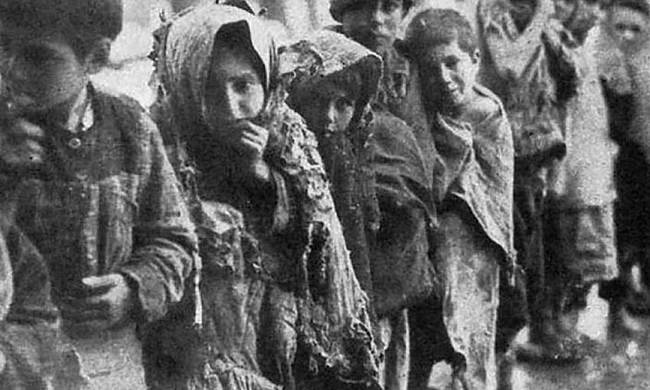
The capture of Smyrna by the Turks was also bloody: the Kemalists and local Turks set fire to the Hellenic, Armenian and Jewish quarters of the city and massacred Christians. The death toll during the seven-day pogrom was approximately 100,000. It is noteworthy that the allies of the Hellenes, in particular the British, who had orders not to interfere in what was happening, observed the massacre and arson from their warships. Later, an eyewitness to the pogrom, American Consul George Horton, wrote: “One of my most powerful impressions was a feeling of shame that I belonged to the human race.”…
And this is only a small part of what was happening then throughout the territory of Pontus. There are no definitive data on the number of victims of the genocide. Today it is believed that for the period 1914-1923. In total, from 900,000 to 1,400,000 Hellenes were destroyed in Turkey.
A great loss for humanity is also the destruction of the cultural identity of Pontic Hellenism. The Pontic dialect was the link connecting the ancient and modern Hellenic languages. Today, the Pontic dialect and its accompanying culture are on the verge of extinction.
In modern Hellenic literature, those events are called the Hellenic Holocaust or the Pontic genocide. For a whole century after those terrible events, to this day, all Turkish governments, including the current one, refuse to acknowledge the fact that terrible atrocities occurred on the part of Ottoman Turkey.
However, the governments of many states have already recognized the genocide against the Hellenic people.”
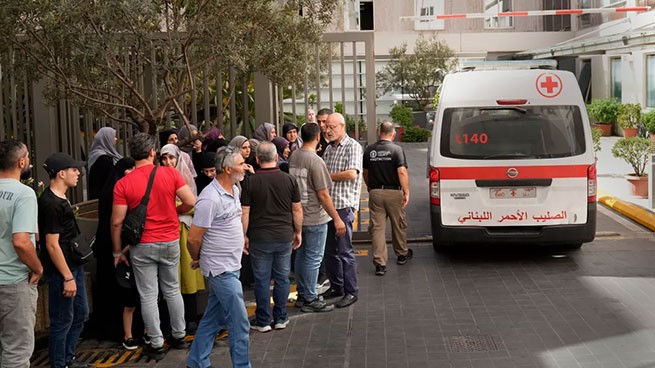
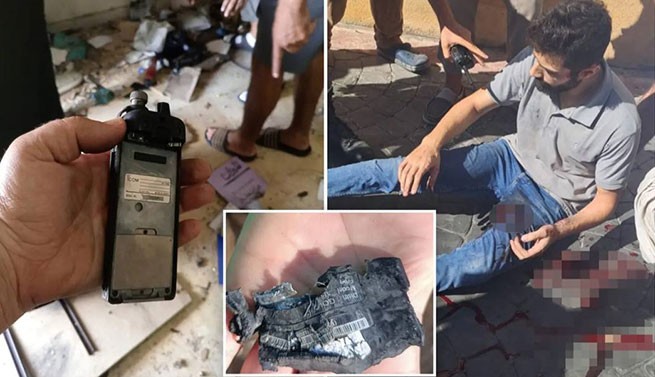
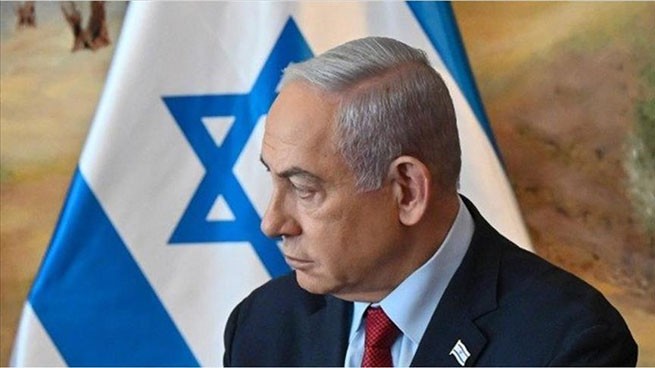


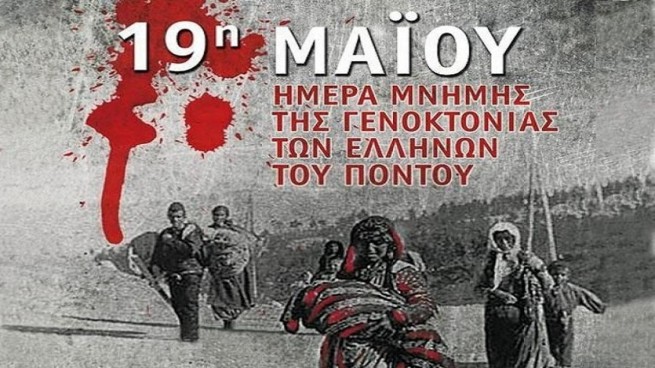

More Stories
The Magic Number 56 and the Covered Market of Kalithea. Part 2
The Magic Number 56 and the Covered Market of Kalithea. Part 1
Istanbul pogrom, September 6-7, 1955